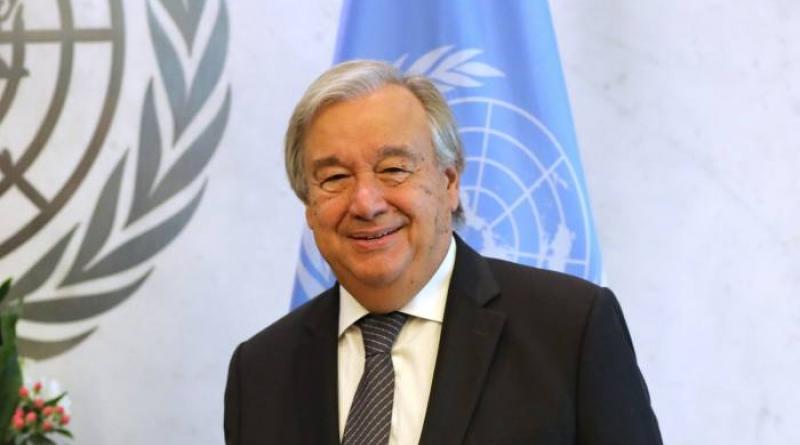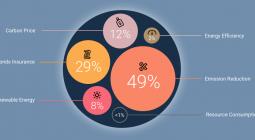Leading countries blocked from speaking at UN climate summit.

Secretary-general takes tough line on select coal-supporting nations.
Leading economies such as Japan and Australia will not be invited to speak at next week’s crunch UN climate change summit, as their continued support for coal clashes with the demands of the organisation’s secretary-general as he sounds the alarm on climate change. Coal has emerged as a key issue ahead of Monday’s meeting in New York, where 63 countries are expected to speak, according to a draft schedule seen by the Financial Times. In letters and conversations with heads of state, António Guterres, UN secretary-general, has demanded that countries attending the summit stop building new coal power stations, reduce fossil fuel subsidies, and commit to net zero emissions by 2050 — demands that have not gone down well in all quarters. Dozens of heads of state including the UK’s Boris Johnson and France’s Emmanuel Macron will deliver new climate pledges in a series of three-minute speeches, in what has been billed as a major show of global climate commitment. However the summit is notable for those that will not appear: a number of countries building new coal power stations such as Japan, South Korea and South Africa will not take the stage. Also excluded will be the US, which has said it intends to withdraw from the Paris climate agreement, as well as Brazil and Saudi Arabia, which have criticised the climate pact. “Only the boldest and most transformative actions [will] make the stage,” said Amina Mohammed, UN deputy secretary-general, on Wednesday. “We will see on Monday who is stepping up.”
The specific demands from the secretary-general stand in contrast to the Paris climate agreement, which allows countries leeway to choose their own fuel sources and the climate targets that they deem right for themselves. “He has stuck his neck out, in a helpful way,” said Chris Littlecott, associate director at E3G, a London-based environment group. “There is a bit of a reaction of — ‘oh why are you asking us to do this?’ from some policymakers who haven’t really thought about this before.” However some coal-loving countries such as China and India, the world’s two biggest builders of new coal stations, will still speak at the summit, according to the draft agenda. China has been under pressure to adopt a more ambitious climate target, while India released a position paper this week calling for more financial assistance to tackle climate change.
The signatories of the Paris climate agreement pledged to limit global warming to well below 2 degrees Celsius, however signatories’ current climate commitments do not add up to the emissions cuts required and put the world on track for at least 3C of warming by the end of the century. Global carbon dioxide emissions hit record highs last year, as coal consumption increased. More than 100 coal power stations are currently under construction. Even while coal use has declined in Europe and North America, many parts of Asia are still building new coal power plants to accommodate their growing energy demands. Monday’s summit will be a major test of whether the signatories of the Paris climate agreement, which includes virtually every country in the world, are prepared to make big emissions cuts at a time when the global economy is faltering and tensions are high. Last year a report from the Intergovernmental Panel on Climate Change found that limiting warming to 1.5C would require cutting coal use to virtually zero and cutting emissions to net zero by the middle of the century — goals the secretary-general has adopted as his rallying cry. “He has put a stake in the sand,” said Rachel Kyte, chief executive of Sustainable Energy for All and a UN special representative. “I think that is the bully pulpit that is his office as secretary-general, and he has decided to use it unequivocably. I’m sure that has made some people uncomfortable.”
18 September 2019
FINANCIAL TIMES




